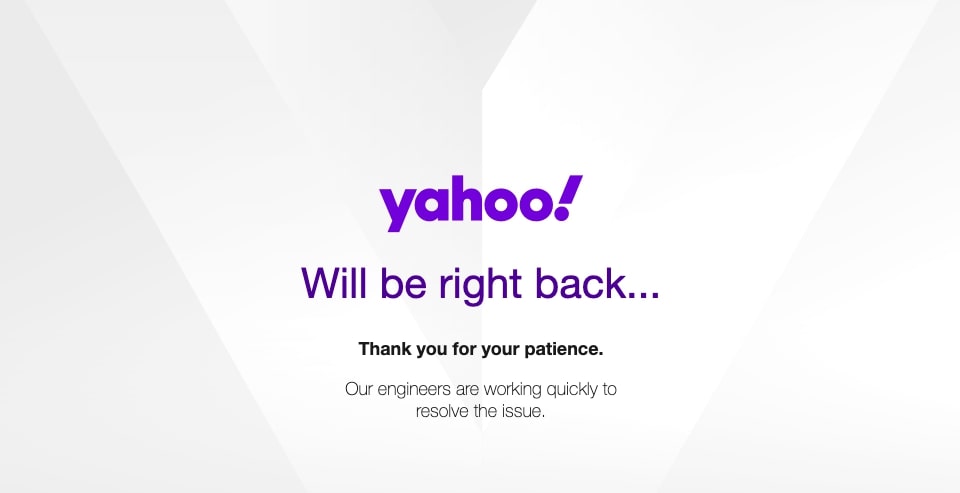Implementing Security In Different Types Of Cloud Systems
Even 15 years ago, cloud systems were not as widely used as they are today. Then the market for cloud systems was hundreds of times smaller, and the activity of users on the Internet was thousands of times lower. The second jump in the popularity of cloud systems was the pandemic, which showed the whole world the importance of IT technologies in all areas of life. In proportion to the growth of digital markets, the areas of premises with servers around the world are increasing, which process the requests of each user on the Internet every second.
Modern companies do not need to independently purchase high-power equipment, hard drives, set up a server, equip a room for proper equipment storage, organize ventilation in order to ensure the correct operation of their application, software or site. Now the client just needs to use the existing cloud service companies that have done it all for him.
Today, every application, website, user or enterprise software uses the services of the cloud. Each of them processes requests, stores information and runs its programs in the cloud. Although the smallest part of all information is strictly confidential, the security of data transmission and storage in cloud systems plays a priority role for any cloud provider.
Types of cloud systems
For each type of user needs and tasks, the provider provides several types of cloud services. This gradation helps reduce cloud investment, reduce service time, and improve customer experience.
Software as a Service
This segment of cloud services provides the client with a specific program or software. This program is completely located on the server, it runs there, compiles and transfers data directly from that location. The advantage of such a solution is that a client who needs a specific software does not have to overpay for the rental of the capacities and memory of the entire software or server. He pays a small amount for the maintenance of a particular program. A good example of such a program is Google services such as Google Sheets, Google Slides, Google Docs, and so on.
How security is organized in the case of SaaS
In SaaS, there are 2 segments for ensuring high reliability of the service. The first is the correct operation of the program itself. The security of data storage and its use lies with the developer. The second major segment of security work is access to cloud storage and data transfer security. The task of the service is to correctly configure access to the program so that the user cannot make requests to the server outside of its limits.
Google Cloud Platform is one of the leading cloud services. Under GCP, a lot of specialized cloud programs are made, which provide a high level of security and optimization specifically for this cloud service.
Platform as a Service
PaaS provides enhanced user experience by exposing access to an entire platform. At the same time, the client cannot make settings in the operating system, make platform updates, configure a virtual server, or make low-level platform settings. Therefore, the provider removes additional difficulties in the settings and updates of the platform, ensuring its correct and stable operation.
Security in PaaS
The high security of using the platform is ensured by a reliable restriction of the user from settings and access to the operating system and to the settings of the server itself.
Infrastructure as a Service
IaaS opens up even more solutions for the client. In fact, the provider gives the user a remote server for rent, with all its capacity and memory. On this server, the client can install any operating system, any programs and software. The price of IaaS depends on the computing power of the server, on the amount of memory and lease terms.
How security is organized in the case of IaaS
At the level of server rental in the form of “Infrastructure as a Service”, security is ensured at the level of optimizing the operation of the server itself and data transfer. The server must have memory usage limits and server processing power limits set. In simple terms, the server should not reach a critical level of memory and processor load. this increases the wear of iron, worsens the speed of data processing and increases the risk of errors in operation.
To avoid possible data loss due to software errors, leaks or intercepts of information packets during their transmission, as well as to maintain a stable and error-free operation of your cloud system, then we recommend using cloud security testing services.










